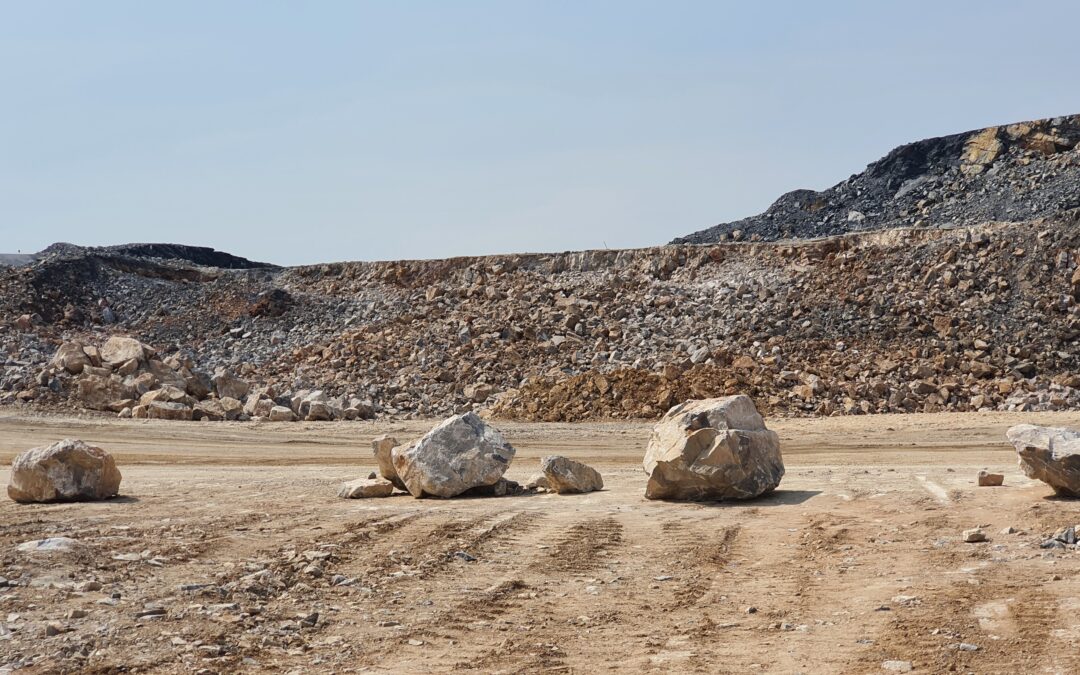Michigan’s quest to “fix the damn roads” is prompting a fight in Lansing over who gets to decide where the gravel industry can mine for raw materials used in concrete and asphalt.
For the fourth straight legislative term, bipartisan lawmakers are pushing bills that would shift permitting oversight of sand and gravel mines from local communities to the state.
Proponents of the bills say that would drive down construction costs, which they claim are rising as local opposition stymies development of mines and drives up the cost to haul materials from ever-greater distances.
But environmentalists and local government advocates say the package would steamroll local communities to maximize profits.
The latest reform effort is spearheaded by House Appropriations Chairperson Rep. Angela Witwer, D-Delta Township, Rep. Tyrone Carter, D-Detroit and Rep. Pat Outman, R-Six Lakes.
“Aggregate permitting reform is a huge part of our overall commitment to improving infrastructure,” Carter said Tuesday during a hearing on the bills by the House Regulatory Reform Committee, which he chairs.
Current law allows local governments to consider issues such as road dust and noise pollution when deciding whether to permit a new gravel mine. Locals can also limit activities at approved mines to minimize neighborhood impact.
The bills 4526, 4527 and 4528 would strip local governments of that regulatory power.
Instead, mining developers would seek a permit from the state Department of Environment, Great Lakes and Energy, which would include standard statewide limits on noise, siting and other aspects of mining, including cleanup standards for when mines are no longer in use.
The bills have support from a coalition of business, union and construction groups called Build it Michigan Strong, which includes the Michigan Chamber of Commerce and groups representing the aggregate mining and road-building industries.
Those groups note that other extractive industries, like oil and gas, are already subject to state-level permitting.
“We’re not looking to reinvent the wheel,” said Doug Needham, executive director of the Michigan Aggregates Association. “We’re just looking to be aligned with many other extractive industries in our state.”
Michigan’s glacier-carved landscape makes it among the nation’s biggest sand and gravel producers. Gravel miners prefer to locate operations close to population centers, where raw material is needed to build and maintain roads and other infrastructure.
This article originally appeared in Bridge Michigan. For more, click here.

